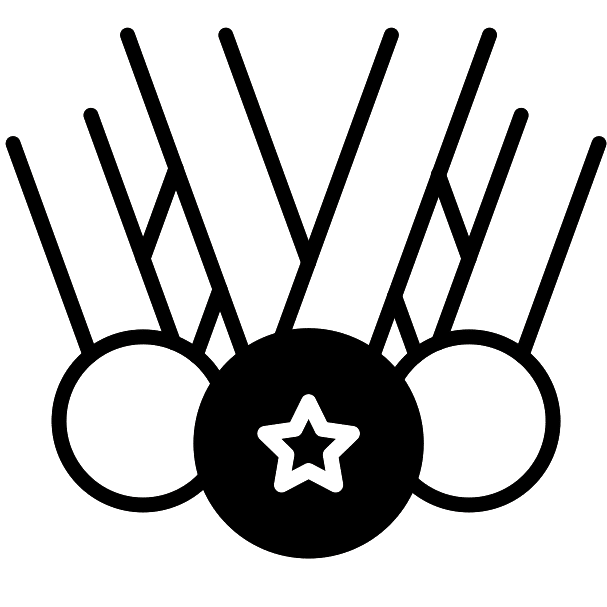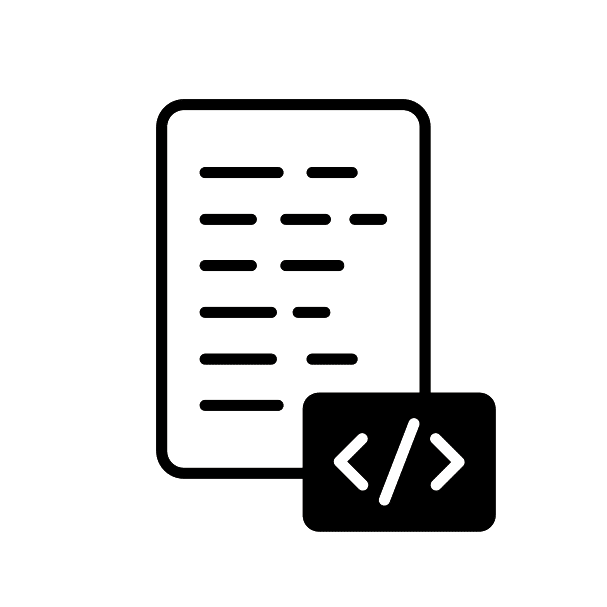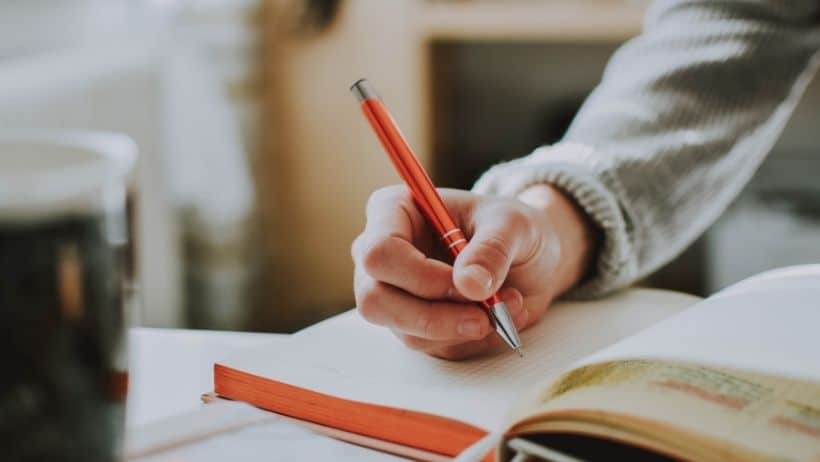How to study smarter and not harder?
Understand the way you learn best.
The first step to studying smarter is understanding the way you learn best. It’s important to note that everyone has a different learning style, and this can take some time to figure out. Some people are visual learners, while others are more auditory or kinesthetic—that means they learn better when they hear or see something, or when they’re physically doing something. Other people are simply born with an innate ability to learn on their own without having someone teach them; these folks probably had the best teachers in life: themselves!
The first thing you should do is consider how you learned as a kid: what kind of activities helped you retain information? Did you prefer watching videos over reading textbooks? Or were notes from lectures much easier for your brain than reading from a book? If so, then this could be an indicator that your preferred learning style is visual or auditory (or both).
Use flashcards to review on the go
Flashcards are a great way to study on the go. They take less than two minutes (and sometimes even less), and you can do them anywhere, whether you’re sitting on the bus or waiting in line at the grocery store. Flashcards are an effective way to memorize factual information like names and dates, as well as conceptual information like theories or ideas. You can use flashcards online or create them yourself by hand.
To make your own set of flashcards, find a blank index card that fits into two pockets of your backpack (or whatever bag you’ll be carrying around with you). Write one fact per side of the card so that there’s plenty of room for notes when reviewing later on. For example: “The Chicago Bulls won six NBA championships from 1991-1998.” On the other side write something like “Michael Jordan,” then fill in any details about him until there’s no room left on either side!
You can also use apps like Quizlet; their free version allows users to create digital sets similar in format with few restrictions (though paid accounts may offer more features).
Make sure you are getting adequate sleep during finals week
Many studies have shown that getting enough sleep is crucial for memory and test performance. One study found that when students got less than 7 hours of sleep, their grades dropped by half a letter grade (on average) compared to those who got 8 hours or more. Another study found that students who slept 6 hours a night performed worse on tests than other groups did when they slept for 8 or 9 hours per night. This information isn’t just interesting—it’s also important because it shows how important it is to get adequate shut-eye before an exam so your brain can work at its best!
Several factors determine how much sleep you need each night: age (the younger you are, the more you need), gender (men tend to need fewer hours of shut-eye than women do), activity level, and body size (the bigger your body is, the more energy it needs). Your lifestyle affects how well you sleep as well: caffeine consumption late at night can make it harder for you to fall asleep; alcohol consumption disrupts REM cycles in your brain; nicotine use makes it harder for people with nicotine dependence to fall asleep; stress prevents proper restful sleep; meals high in protein before bed help people wake up feeling refreshed upon waking up from slumber! Some people naturally require less shuteye than others—but if yours falls short of what feels right for a few days in a row during finals week, try these tips below!
Review concepts, not just memorize facts.
Memorization is only one component of learning. You need to understand why and how the concepts you are memorizing work so that you can apply them in different situations. This will not only help you remember what was taught better, but it will also make sure that your knowledge is applicable and relevant to real-world scenarios.
When reviewing concepts and ideas, try asking yourself questions such as:
- How does this relate to other things we have learned?
- What is its relevance in my life? What can I do with it?
- How would others use it in their lives?
Study in groups.
Learning in groups has always been the most effective way of learning and studying smarter. You can learn from each other, and bounce ideas off of each other. Group study allows you to ask questions that have been left unanswered in your notes or lectures. It also allows for more opportunities for discussions and debates about what you’re learning and how it applies to real-life situations.
Take breaks while studying.
If you’re studying for hours, it’s important to take breaks. Breaks should last at least 10 minutes and can be as long as an hour.
The reason for this is that your brain is constantly taking in information and processing it. When you study for too long without a break, your brain gets overwhelmed by the amount of information you’re trying to process, which slows down your ability to learn effectively. For example: if someone asks how old your parents are, but instead of answering their question immediately (because why would they ask such an obvious question?) you start counting up all the numbers between 1 and 1000 before finally getting around to saying “Well I’m sure my dad must be older than 30…he looks that age…but mom seems younger…” then clearly something has gone wrong with whatever system we’ve got going here!
So what kinds of things should we do during our breaks? Anything besides studying! That doesn’t mean we have free rein over what type of activity we engage in while relaxing; instead, we need enough variety so that each time there’s some new thing coming into our mindsets again (which will help keep us from getting bored). Here are some examples:
- Listen to music
- Watch TV shows/movies
- Read other books or articles
Find your perfect study environment.
To create the ideal study spot, you’ll need a space that is quiet, well-lit, and comfortable. You should also avoid distractions such as your phone or television (for now).
Here are some of my favorite study spots:
-
In the library
The library is one of the best places to study because it provides access to resources (like books and computers) while being relatively quiet and free from distraction. If you’re lucky enough to have a campus library with lots of outlets for charging devices and a variety of tables for different purposes (group work vs solo studying), then this can be an excellent choice for getting work done efficiently!
-
At home in bed/on your bed with your laptop on your lap
If you’ve got the option of working at home at all times or just sometimes when it’s convenient then this might be something worth exploring! Not only does it offer privacy but also comfortability; after all who doesn’t feel super cozy when they’re snuggled up under blankets? Plus if needed there’s always room under them so no worries about losing balance either way!
Why should we not study over the weekends?
Use a timer.
Setting a study session length using a timer is another great way to study smarter.
You can set your study session for 60 minutes and see how much you get done in that time. It’s easy to lose track of time when studying and before you know it, an hour has gone by. To avoid this from happening, set an alarm on your phone or computer that goes off after 60 minutes so that you know when it’s time for another break!
When setting up your timer, be sure not to go past 90 minutes at one point—even if there are still things left undone! If possible, try splitting up lengthy tasks over multiple days so that each day only requires about 30-45 minutes of work (or less). This will help keep motivation high while also giving breaks throughout the process where they are needed most.
Try new study strategies.
Try a new study strategy.
You already know how to study and what works for you, but try something different now and then. You might find that there’s another way that helps you learn better or faster, which can make all the difference in your success in school.
Organize your time and work effectively.
But how can you organize your time so that studying is the only thing on your agenda? The answer lies in a planner. A planner helps structure your day and week so that you always know what’s going on, when it’s happening and where it fits into the bigger picture. If you don’t have a planner yet, find one (or download one) and get started! Here are some tips to help you get started:
- Use a daily schedule to plan out each day of the week. Include everything from work commitments to social activities and personal plans—your entire life! This will help keep track of everything going on in your life right now so that when it comes time for studying, there will be no surprises or forgotten tasks standing between you and success.
- Schedule study time at least six hours per day if possible (but less than eight hours per day). You might think this sounds like too much time spent studying but remember: every hour spent studying adds up quickly when multiplied over several days or weeks! What matters most is consistency with discipline here—stick with whatever schedule works best for YOU personally because everyone has different needs when it comes down to this kind of thing!
You can enhance your learning by studying smarter, not harder!
You can enhance your learning by studying smarter, not harder!
There are many ways to study smarter. You can learn how to be more efficient, devise a study schedule and break up the work into manageable chunks. You should also know how you learn best so that you can adapt your studies accordingly.
If you want to take it one step further, consider what kind of information is essential for success in your class and focus on reviewing concepts rather than simply memorizing facts. Taking breaks while studying will help keep you focused and alert throughout the day.













